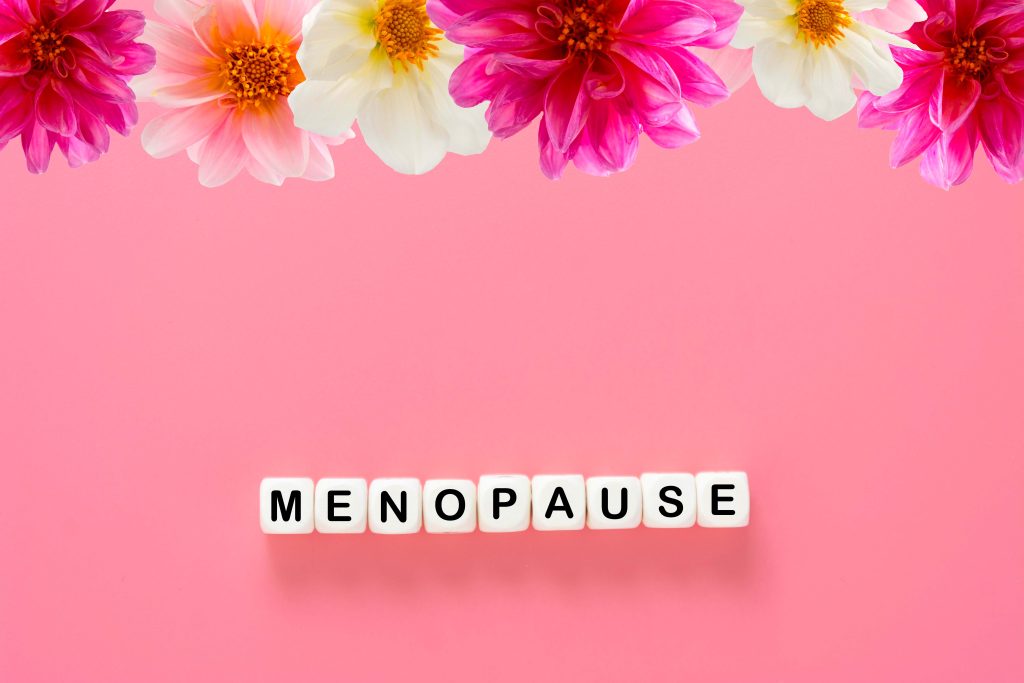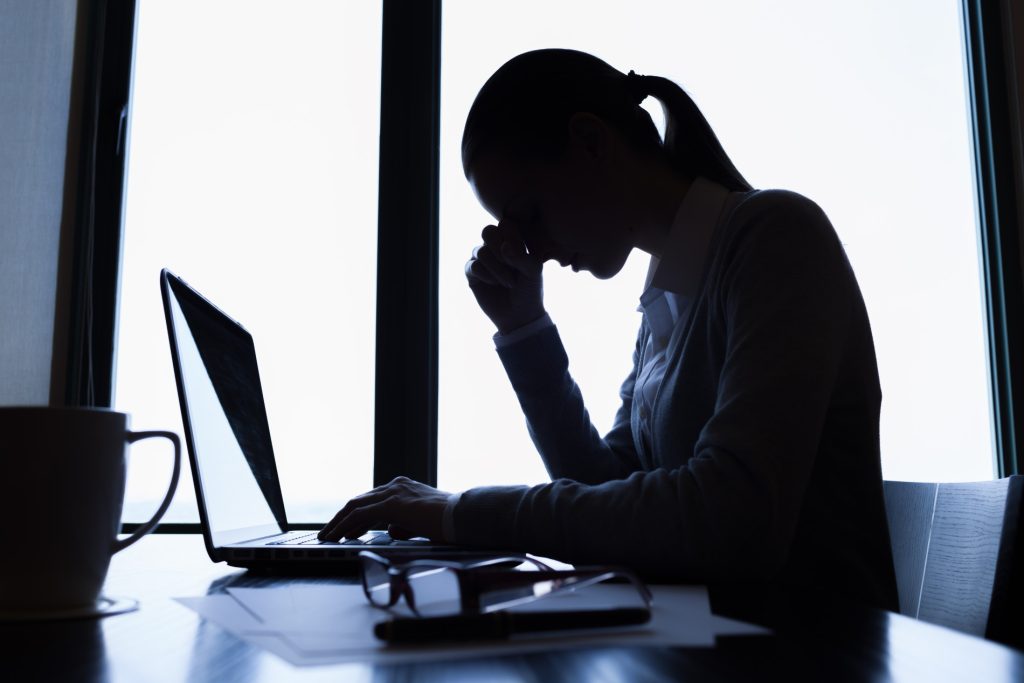It’s Time To Talk About Menopause And The Workplace: Two Women’s Personal Experiences
RECRUITMENT • Aug 1, 2022

Like it or not, the menopause is a phase that almost all women – or anyone with a uterus – will experience at some point in their lives. Normally occurring between the ages of 45 and 55, it can bring with it a whole host of unpleasant symptoms prompted by a decline in reproductive hormones. These can include well-known side effects such hot flushes, night sweats and mood changes, but also lesser-known health implications such as anxiety, problems with memory and concentration, and joint pain. The menopause can affect just about all aspects of an individual’s personal life, which naturally means it can also have a serious impact on professional life. Despite the fact that nearly eight out of ten menopausal women are in work and often reaching the peak of their careers, it’s a topic that’s still shrouded in shame and stigma. Even more concerningly, three-quarters of businesses still have no support policy in place to support women experiencing it. To discuss this topic in more depth, we spoke with Gleeson’s talent director Petra O’Hara, who experienced early menopause following breast cancer treatment, senior operations manager Nicola Ryder, who experienced early menopause naturally, and HR and operations director Suzie Hughes, who took the lead in implementing our own menopause support policy.
A personal perspective
Speaking of how her own experience began, Nicola told us, “I’d known I was probably headed for early menopause because it runs in my family. The first signs were waking up in a hot sweat, or I’d be on the train and feel like I was going to pass out from the heat, it was awful. I could also tell it was having a big impact on my mood. I was more irrational, snappy, and generally irritable. I just wasn’t feeling like myself anymore.”
Although Nicola was somewhat prepared for her own experience with early menopause, for Petra, the situation was different. She told us, “I experienced early menopause after having a hysterectomy, which was related to my treatment for breast cancer. The medication I was taking caused me to develop ovarian cysts, and my gynaecologist asked me, “how attached are you to your uterus and ovaries?” To be honest, having them removed was probably more traumatic than my breast cancer treatment. Having also had a mastectomy, I felt I was losing everything that made me a woman.”
Stigma and shame
Emotional and mental struggles with either early or regular menopause are not uncommon. Health practitioners have noted that it can cause women to feel alienated from their own sense of femininity, leading to a dip in mental health and wellbeing. As Nicola observes, “We’re led to believe that being a woman is intrinsically tied to our ability to produce children, and that when we can’t, we’re seen as ‘less than’. This can lead to misplaced feelings of shame or embarrassment over what is simply a normal and natural life change.”
As both Petra and Nicola also note, these feelings are only exacerbated by a frequent lack of education and accommodation in the workplace. Petra remembers, “This all took place in my previous workplace, and I didn’t feel comfortable opening up about it at the time. There were a number of us going through the menopause, and people would always make jokes like, “Oh, have you got menopause brain?” I remember going to the doctors and telling them, I cannot be dealing with hot flushes in a boardroom full of men who will not be understanding or sympathetic. I was really concerned about the impact it would have on my professional life. I was honestly just so embarrassed.” Similarly, Nicola notes, “I think for some people, it’s just a big joke. They don’t realise the impact that words can have. And at the time I was first experiencing symptoms, there weren’t any of the accommodations that we have available now, nor were the needs of menopausal women discussed openly. For example, flexible or hybrid working could have really helped me if I’d spent the night before tossing and turning due to night sweats.”
A lack of education
Despite a 2019 government inquiry indicating that a lack of workplace provisions for menopausal women can lead to them “leaving workplaces at the peak of their experience”, there remains resistance to the introduction of mandatory menopause support policies being implemented within UK employment law. Results from our own survey of over 200 professionals reflects this, with only 82% of people stating they feel it is a good idea. Such resistance no doubt stems from a lack of education, Nicola feels: “I think that we’re dealing with a real lack of knowledge around women’s bodies – and sometimes it’s simply a lack of empathy.” Petra agrees, stating, “When you think about it, everything in this world is designed around men – even things like seatbelts. They are the default, women are the ‘other’. In this scenario, it’s really no different. But if we want more women in the boardroom and to progress in business, we need to wake up and realise things need to change.”
The importance of formal menopause support policies
Speaking of why she felt compelled to implement a dedicated menopause support policy here at Gleeson, Suzie explains, “We have policies for maternity and paternity, we have policies for cancer, we have policies for all big life and body changes. And the menopause is a big change.” Explaining the policy in more detail, Suzie continues, “It has two stages. One stage is support, advice and resources from reliable sources like the NHS and the British Menopause Society. The second stage is discussing things like working arrangements and accommodations. So, whether someone needs short-notice time off, a modified dress code, providing desk fans – really whatever we can do to make life easier. Some people get very tired, so we’d look at things like providing a room they can rest in, allowing more frequent breaks, or a quieter working space. It’s also known that some people experience brain fog, so we might extend deadlines or look at a change in hours. We can also offer mindfulness training, as well as provide counselling through our private medical scheme.”
Speaking about what women who are experiencing the menopause should do if they need more support at work, Suzie adds, “Think about who you’re comfortable talking to. If you have a male manager, it can be quite difficult, so seek out a female member of your senior leadership team you feel comfortable speaking with, or a female member of your company’s HR team. Remember, there’s nothing to be embarrassed about, and it’s the job of a HR team to support people through life changes such as menopause.” Petra agrees, stating, “If you feel like you can’t speak out, find senior women you can trust who can advocate for you, and read up about your rights at work. Remember, it shouldn’t be a taboo, and there’s no shame. If we don’t advocate for our own health and wellbeing, no one else will.”
We want to break the stigma around women’s health and wellbeing in the workplace. To join the conversation, share your experiences and opinions using the hashtag #WomensWellnessAtWork.





